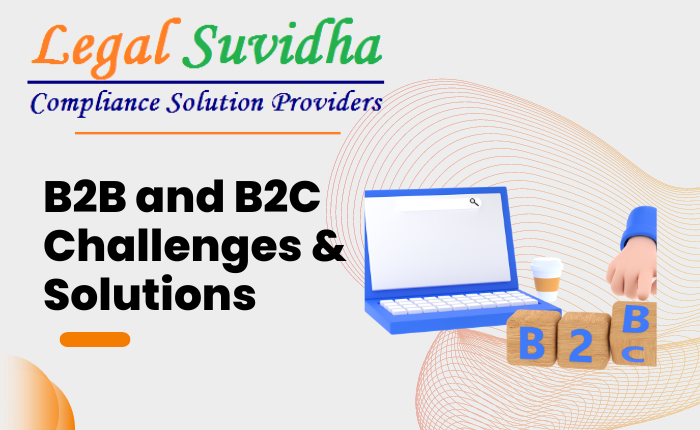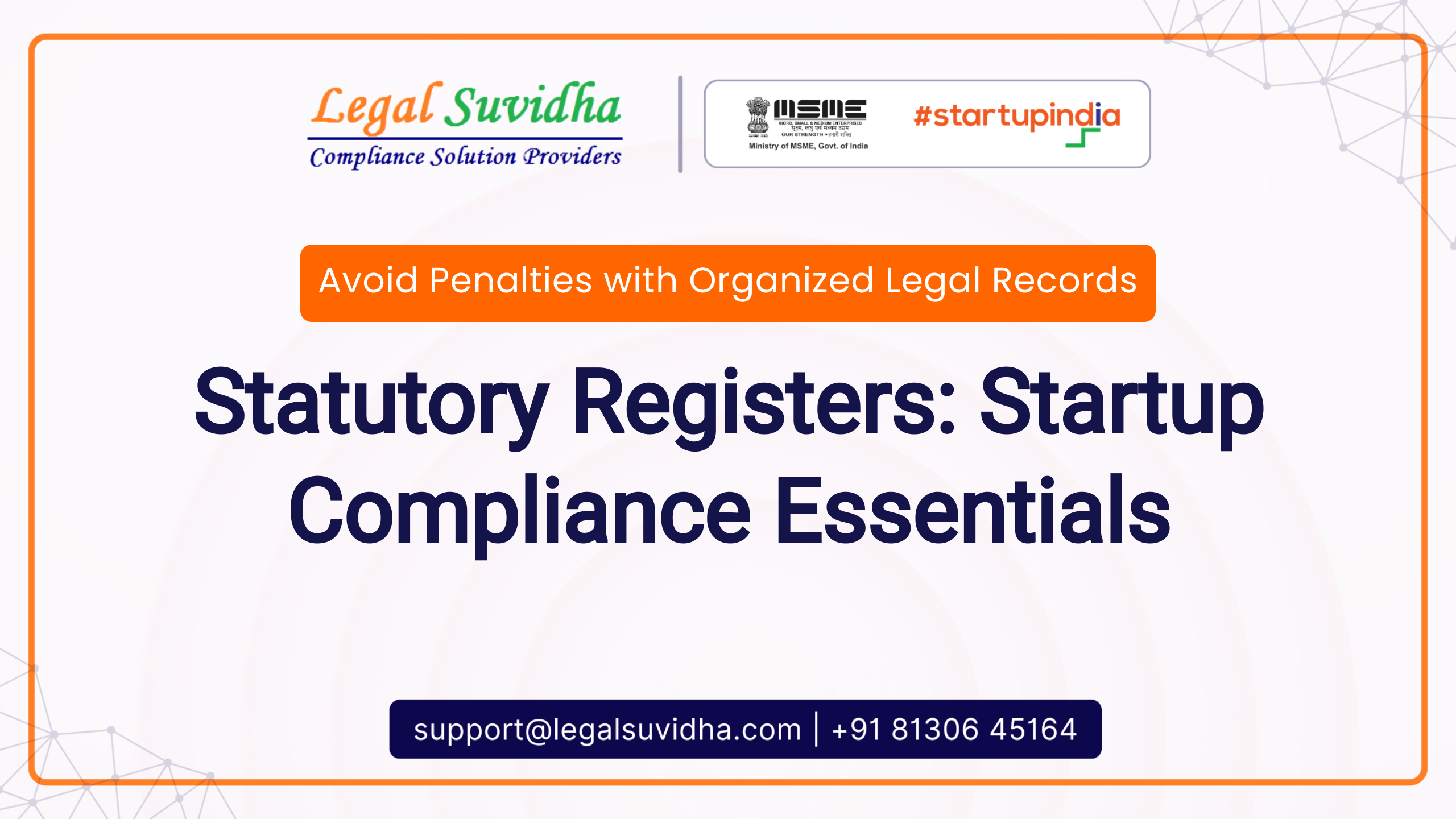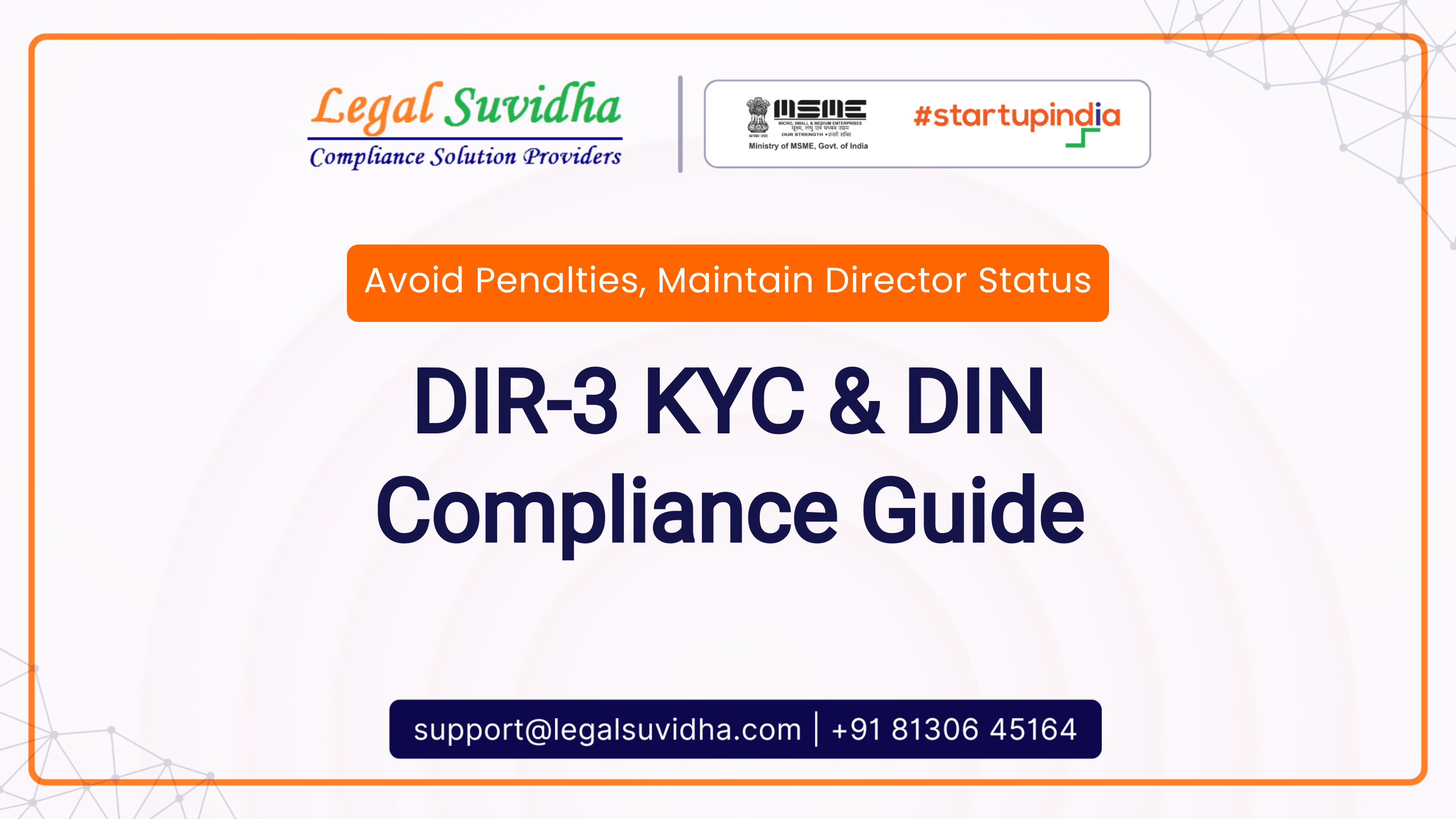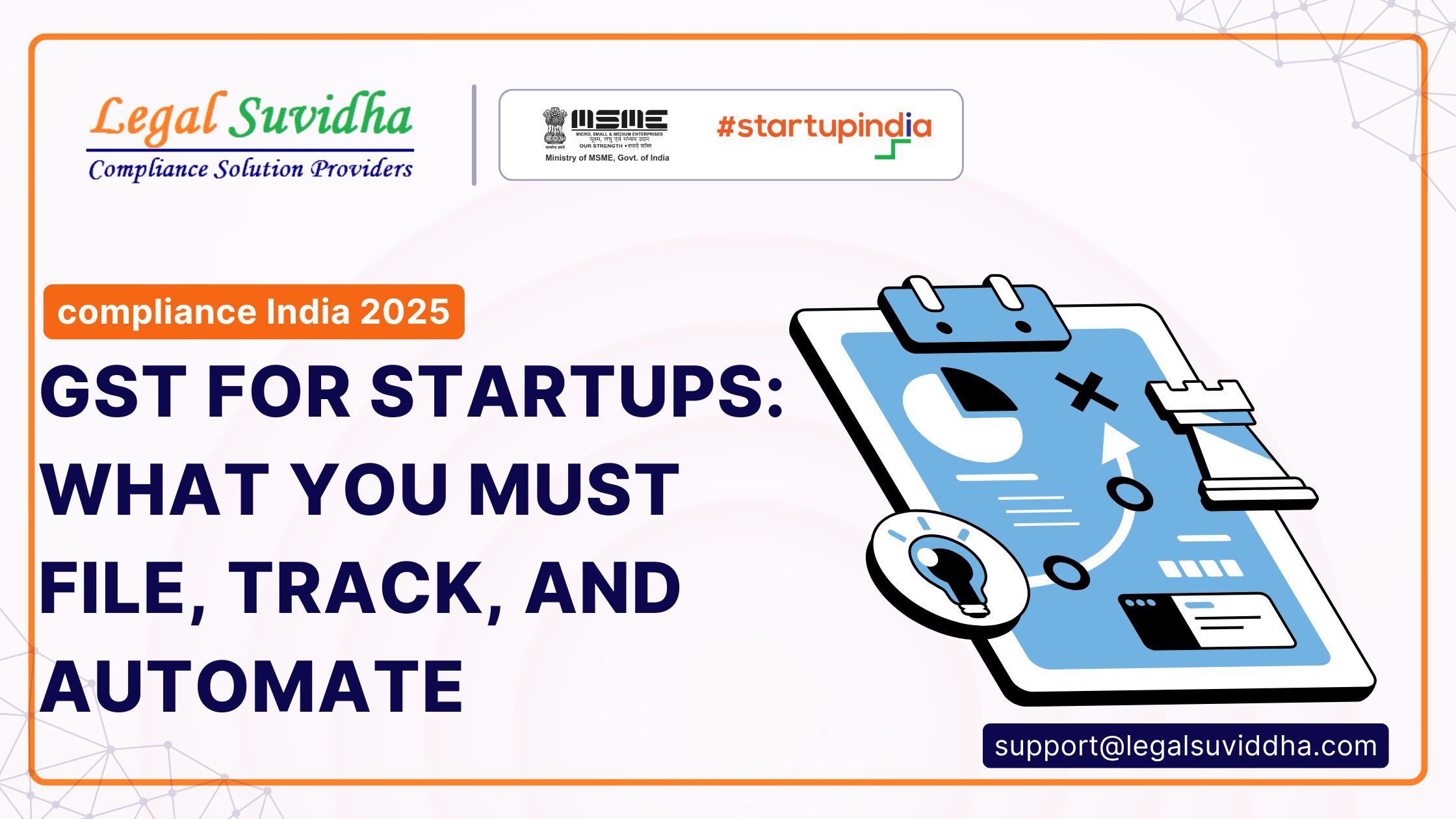The implementation of the Goods and Services Tax (GST) system in many countries has brought about significant changes in the way businesses operate and comply with tax regulations. One of the key components of GST implementation is the introduction of electronic invoicing (e-invoicing), which aims to streamline and automate the invoicing process. However, filtering business-to-business (B2B) and business-to-consumer (B2C) data in GST e-invoicing presents its own set of challenges. In this blog post, we will explore these challenges and discuss potential solutions.
1. Distinguishing B2B and B2C transactions:
The first challenge lies in accurately identifying whether a transaction is B2B or B2C. B2B transactions involve sales between registered businesses, while B2C transactions involve sales to individual consumers. It is crucial to classify transactions correctly to ensure compliance with the GST regulations, as the tax rates and reporting requirements differ for each category.
Solution: One possible solution is to utilize a unique identifier or flag in the e-invoice that clearly indicates whether the transaction is B2B or B2C. This can be achieved by incorporating a separate field or tag in the e-invoice format, which businesses can populate while generating the invoice. Additionally, businesses can implement automated systems or algorithms that analyze transaction data and classify them accordingly based on predefined criteria, such as customer information or invoice amount.
2. Handling mixed transactions:
Another challenge arises when a single invoice contains both B2B and B2C transactions. For instance, a restaurant may have sales to individual customers as well as sales to corporate clients in a single invoice. In such cases, it becomes necessary to separate and report the B2B and B2C components accurately.
Solution: To address this challenge, businesses can adopt a systematic approach to segregate B2B and B2C components within a mixed transaction. This can be achieved by analyzing the line items in the invoice and assigning the appropriate classification to each item based on predefined rules. Businesses can also consider implementing software or systems that can automatically identify and separate B2B and B2C components within mixed transactions.
3. Compliance with tax rules:
Different tax rates and reporting requirements apply to B2B and B2C transactions. B2B transactions usually involve the issuance of a tax invoice, while B2C transactions may require a simplified invoice or bill of supply. Ensuring compliance with these varying rules and regulations can be a complex task for businesses.
Solution: To overcome this challenge, businesses should invest in robust accounting and invoicing software that is capable of handling the diverse tax requirements for B2B and B2C transactions. The software should be updated regularly to incorporate any changes in tax rules and enable businesses to generate accurate and compliant invoices. Training employees on the proper usage of the software and providing them with access to up-to-date tax guidelines can also help ensure compliance.
4. Data validation and reconciliation:
Maintaining accurate and reconciled data is essential for GST compliance. However, discrepancies may arise during the process of filtering B2B and B2C data in e-invoicing, leading to data validation and reconciliation challenges.
Solution: Implementing robust data validation mechanisms and reconciliation processes is crucial to address this challenge. Regular audits and cross-checks can help identify any inconsistencies or errors in the filtered data. Utilizing reconciliation tools and software that compare e-invoicing data with other financial records, such as accounting software or banking statements, can also aid in maintaining accurate and reconciled data.
Addressing Data Privacy Concerns in B2B and B2C GST E-invoicing through Effective Filtering
The advent of electronic invoicing (e-invoicing) in the Goods and Services Tax (GST) system has streamlined business processes, improved efficiency, and reduced paperwork. However, with the digitization of invoicing comes the challenge of ensuring data privacy, particularly in the context of filtering B2B and B2C data. We will explore the data privacy concerns associated with B2B and B2C GST e-invoicing and discuss effective filtering strategies to address these concerns.
1. Protecting sensitive business information:
B2B transactions involve the exchange of sensitive business information between registered entities. This includes customer details, financial data, and other confidential information. It is crucial to ensure that this data is protected from unauthorized access or misuse during the e-invoicing process.
Solution: Implementing robust security measures is essential to safeguard sensitive business information. This can include encryption techniques to secure data transmission, access controls to limit data access to authorized personnel only, and regular security audits to identify and address vulnerabilities. Businesses should also ensure that their e-invoicing software complies with industry-standard security protocols and practices.
2. Safeguarding consumer data:
In B2C transactions, businesses collect personal information from individual consumers, such as their names, contact details, and purchase history. Protecting this data is crucial to maintain customer trust and comply with data protection regulations.
Solution: Businesses should adopt privacy-focused practices when collecting and storing consumer data. This includes implementing secure data storage systems, utilizing encryption for sensitive personal information, and implementing strict access controls to limit data access to authorized personnel. Additionally, businesses should clearly communicate their data privacy policies to customers, providing transparency about how their data will be used and protected.
3. Minimizing data retention:
Retaining data for longer than necessary increases the risk of data breaches and unauthorized access. It is important to establish clear guidelines for data retention and implement processes to ensure compliance.
Solution: Businesses should establish data retention policies that align with legal requirements and industry best practices. It is recommended to retain data only for as long as it is necessary for business and regulatory purposes. Implementing automated data deletion processes and regularly reviewing data retention practices can help minimize the risk associated with unnecessary data storage.
4. Anonymizing and aggregating data:
To maintain data privacy, businesses need to ensure that individual customer information is not disclosed or exposed. However, aggregating and analyzing anonymized data can provide valuable insights for business decision-making and compliance reporting.
Solution: Businesses can implement data anonymization techniques to remove personally identifiable information from the e-invoice data. This can involve replacing identifying details with unique identifiers or utilizing anonymization algorithms to transform the data while preserving its analytical value. Aggregating anonymized data allows businesses to generate meaningful reports without compromising individual privacy.
5. Compliance with data protection regulations:
In the context of e-invoicing, businesses must comply with relevant data protection regulations, such as the General Data Protection Regulation (GDPR). Failure to adhere to these regulations can lead to legal repercussions and damage to reputation.
Solution: Businesses should familiarize themselves with the applicable data protection regulations and ensure that their e-invoicing processes align with these requirements. This includes obtaining necessary consent for data processing, implementing data protection impact assessments, and establishing mechanisms to handle data subject rights requests.
In conclusion, addressing data privacy concerns in B2B and B2C GST e-invoicing is essential for businesses to maintain customer trust and comply with data protection regulations. By implementing robust security measures, safeguarding consumer data, minimizing data retention, anonymizing and aggregating data, and ensuring compliance with data protection regulations, businesses can effectively address data privacy concerns and establish a secure and compliant e-invoicing environment.
If You have any queries then connect with us at [email protected] or [email protected] & contact us & stay updated with our latest blogs & articles








